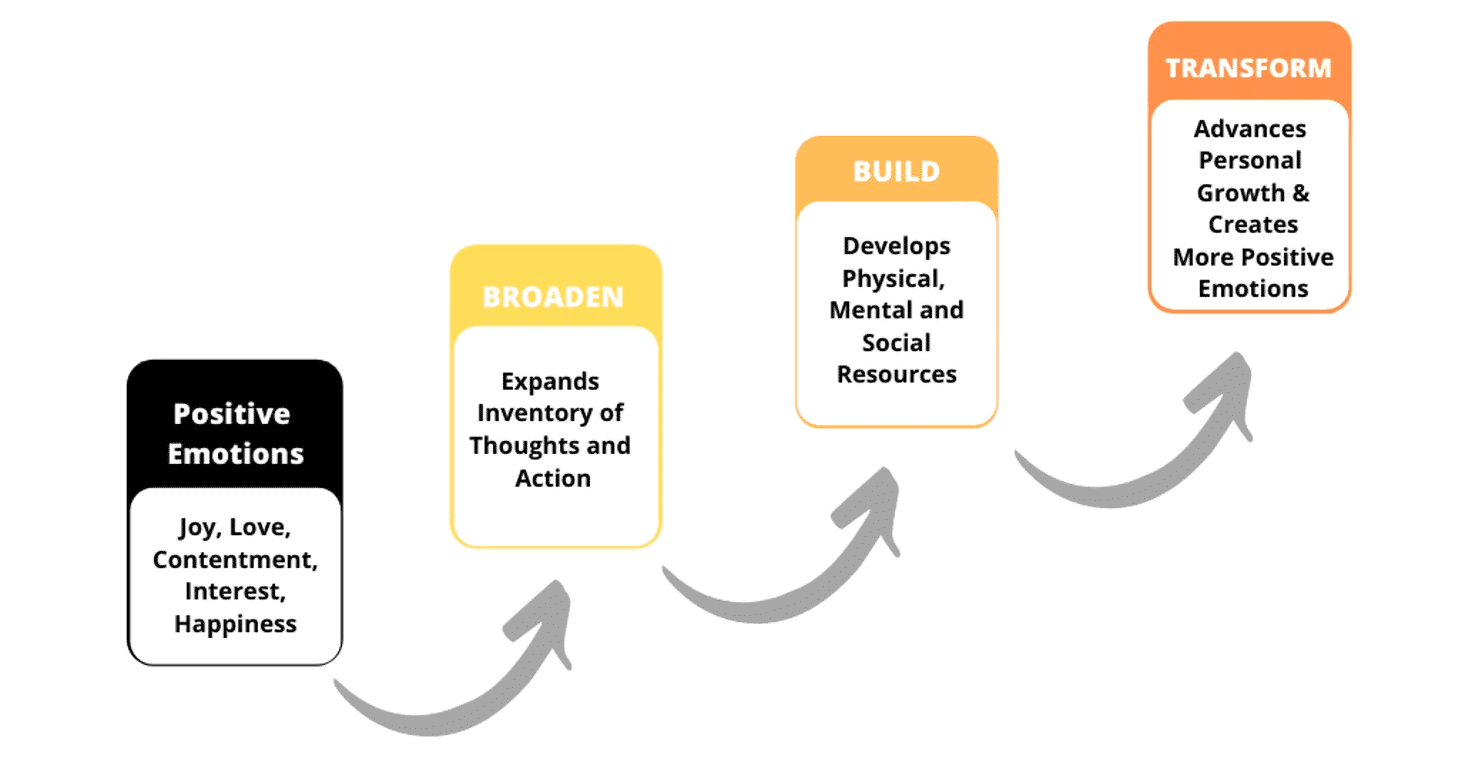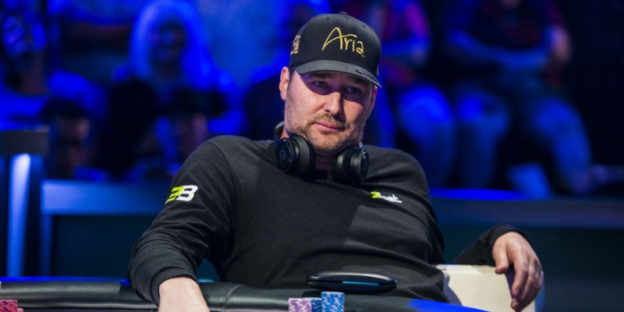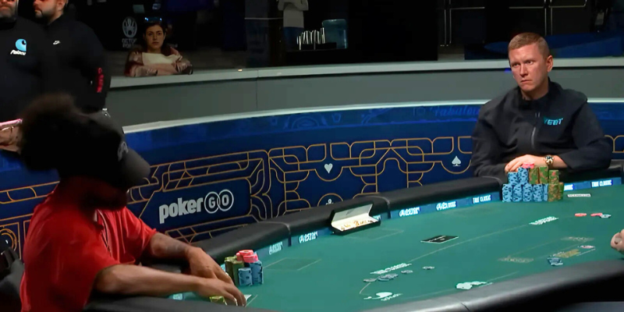In this article, I want to give you an overview of some of the most interesting and important theories about what positive psychology actually is, and some practical tools that help you improve your life not only in your poker mental game but in life in general.
Positive Psychology is the science of a successful and fulfilled life. It’s the first discipline that explores how psychological wellbeing and personal growth can be supported and sustained.
So positive psychological research wants to find out what are the factors that make us happy, that make us flourish and grow as human beings.
The Process of Flourishing
Flourishing is a term that was coined by Martin Seligman, one of the very first popular researchers in positive psychology, and it describes what makes us enjoy our life the most, what makes us perform our very best.
He identified three factors that all have to have to be present for it to be considered flourishing, and six sub-factors, where you have to experience at least three of the six in order to be considered a flourishing person. Here are the 3 factors:
- Positive Emotions: You have to have some form of positive emotions regularly.
- Engagement: You have to have something that you deliberately chose and enjoy.
- Meaning: You also need a source of meaning and sense of purpose.
All three can come from the same activity. If you have a job that you absolutely love, or if you have a huge hobby or passion where you get positively engaged, find meaning, and so on. Of course, they can also come from different sources, but you have to check off all three in order for it to be considered flourishing.
And then, you have to have at least three of the following six factors:
- Optimism: Learning to look at the positive things in life.
- Resilience: Growing or becoming stronger by facing and dealing with adversity.
- Positive Relationships: People that enable a good human experience.
- Competence: Feeling like you’re good at something when putting in effort.
- Emotional Stability: Dealing with emotions and not letting them control you.
- Vitality: Feeling strong, active, and energetic.
Savoring the Moment
Savoring is a not so obvious life skill that people don’t think about often enough, and don’t realize how important that is. I have quite a few clients who are really, really successful poker players, but still constantly feel like they have to achieve even more.
Once they reach one goal they immediately set aside on the next goal, and they always feel like they have to do even more than never keep progressing really, and they are often very unsatisfied with all the things they have already achieved.
So I think this is a skill that we unfortunately unlearned as adults. The older we get, the more we learn to analyze to look at the serious side of life to solve problems, to look for things to improve, and so on.
Fortunately, any skill that can be unlearned can also be learned again. And, it’s extremely simple if you follow the 7 rules of savoring:
- Make time for savoring.
- Allow savoring in your life.
- Give your full focus to savoring.
- Savoring can be small things, less is more.
- Savoring is a matter of personal taste.
- Experience and repetition can make savoring easier.
- Savoring is an everyday thing, not a luxury.
But of course, I don’t only want to give you some theoretical rules but also a practical exercise, and that exercise is called the Mini Holiday.
Finding Your Strengths
In positive psychology, strength is defined as an individual’s stable pattern of thoughts, emotions, and behavior. So for example, a strength could be honesty, bravery, creativity, or also the appreciation of beautiful things.
Using our strengths gives us energy and allows us to perform optimally. If it’s something we’re good at or enjoy, we are much more likely to give a good performance than when it’s not the case.
That doesn’t mean to completely ignore our weaknesses, but we should find a balance between eliminating weaknesses, working on them, and promoting our strengths.
If you only focus on your weaknesses, then all you get is average performance while average enjoyment of life because you’re not making the most of the potential you already have.
What you can do is a daily exercise which is called the three evening questions.
At the end of every day, you will ask yourself these questions to identify the moments where you feel most alive, and the moments which you enjoyed the most and that is probably a good sign that you were able to use one of your strengths is in that moment.
- What did I enjoy today?
- When did I feel alive today?
- Which strength was I able to use today?
You might be able to identify which strength is responsible for that state and if multiple strengths are involved, which of them you were able to use.
If you don’t think about the future and you’re fully engaged in what you’re doing and fully feeling alive, then it’s very very likely that you’re using one of your strengths.
Random Acts of Kindness
When we experience positive lifelong love, like amazement or happiness, we broaden our category of thoughts and actions, and we broaden our awareness.
We think more novel creative thoughts when we are in a good mood, we find more opportunities and solutions. We’re more likely to think out of the box, but we also simply see more details, we see more tiny little nuances in the world around us, and that allows us to build more physical resources.
This is what the Broaden and Build Theory, developed by Barbara Fredrickson, talks about.
As you overcome that initial resistance and create more opportunities for positive emotions, as you become more active and look for more opportunities, slowly but surely, this upward trajectory will become faster and faster. And at some point, you will have forgotten all about the resistance that was there in the beginning.
Random acts of kindness, just being really kind to someone you know or somebody you don’t know, can be a great source of positive emotion. This has been researched in many, many studies.
And what is more important than how you feel before during the act of kindness is how you feel about it afterward. These random acts of kindness are like a no-lose situation where there’s practically nothing that can go wrong, it will always make you and the other person feel better.
And especially in the long run, it will expand your awareness and your vision of the world, and build your long-term resources to allow for even more positive emotions in the future.
Conclusion
Positive psychology wants to go beyond illness, and find out what makes us flourish as people, what brings us to achieve an optimal state as human beings. A big part of this is re-learning how to incorporate savoring into our lives.
Doing what we’re good at and what we enjoy is one of the best ways to live a fulfilling life and feel more alive, but also to improve your performance, whether it’s on the poker table or somewhere else.
Focusing more on our strengths is an incredibly valuable quality of our lives. Similarly, doing random acts of kindness is one of the best opportunities you can have to create positive emotions.

